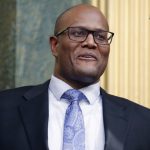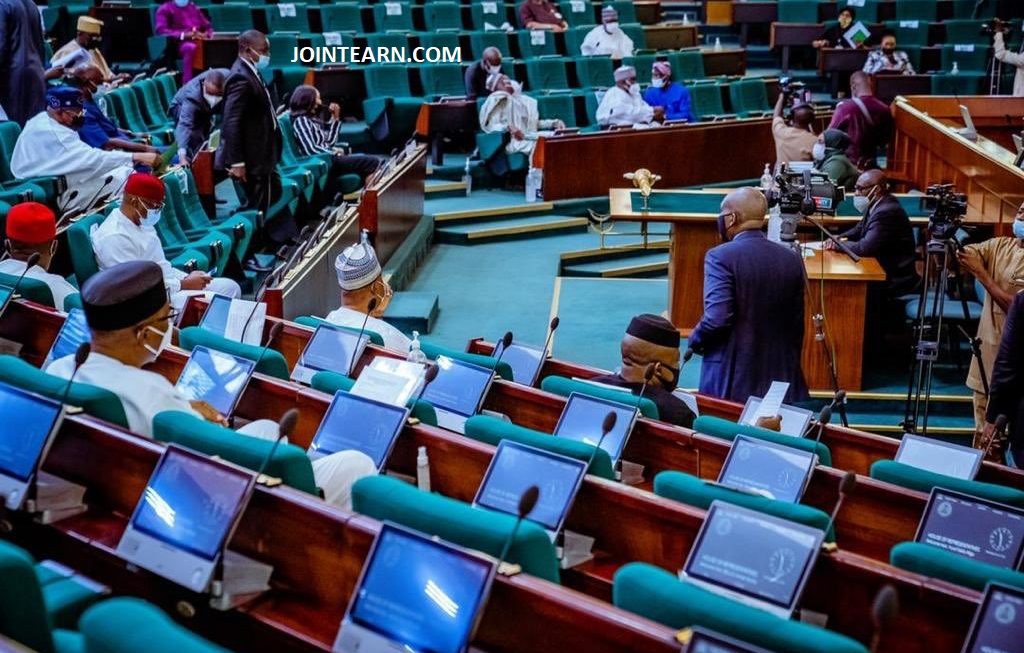Governor Charles Chukwuma Soludo of Anambra State has made a compelling appeal to President Bola Ahmed Tinubu to address what he described as the continued exclusion of the South-East geopolitical zone from Nigeria’s key national infrastructure development plans, including rail lines, seaports, and gas pipeline networks.
The governor made his position clear during a stakeholders’ forum held in Awka, Anambra State’s capital, where he decried the pattern of marginalisation in federal infrastructure initiatives. Soludo’s remarks came on the heels of widespread concerns that the recently released master plans for the nation’s railway expansion, gas pipeline grid, and port development have largely bypassed the South-East.
“In all the recent national master plans—rail, seaport, and gas pipeline projects—there is glaring neglect of the South-East,” Soludo declared. “We cannot build a prosperous nation when entire regions are structurally left out of the development agenda.”
The former Central Bank of Nigeria (CBN) Governor warned that excluding an entire region from vital economic arteries is not only unjust but counterproductive for national cohesion and progress. He emphasised that the South-East, despite its historical resilience and entrepreneurial dynamism, continues to suffer from a legacy of systemic neglect.
“We are citizens of this country. Our people contribute immensely to the national economy, from commerce to education to technology. Yet, when it comes to strategic federal infrastructure projects, the South-East is treated as an afterthought,” he said.
According to Soludo, the South-East has no deep seaport, is absent in the new gas pipeline routes, and lacks meaningful inclusion in the national railway master plan. He pointed out that while other regions are marked for massive infrastructural upgrades, the South-East continues to rely on outdated or nonexistent connections that limit its economic potential.
“Access to infrastructure is not just about convenience. It is the very foundation upon which investments, industrialisation, and jobs are built,” Soludo noted.
He called on President Tinubu to take proactive steps to reverse the trend, starting with an inclusive review of national infrastructure plans to reflect regional equity. Soludo also stressed the need for the Federal Government to act with urgency, especially given Tinubu’s campaign promises to ensure balanced development across Nigeria.
“Asiwaju Bola Tinubu made it clear during his campaign that no region will be left behind. Now is the time to walk that talk,” Soludo said.
Stakeholders present at the event echoed the governor’s sentiments. Representatives from the South-East Governors’ Forum, traditional institutions, private sector leaders, and youth organisations called on the federal government to initiate deliberate policies to correct what they described as “years of systemic marginalisation.”
Chief Emeka Anozie, a logistics entrepreneur from Enugu, lamented the cost burden caused by the lack of direct infrastructure. “We are forced to take containers from Lagos or Port Harcourt, at huge extra cost. That’s why our businesses suffer. How do you compete in such a lopsided environment?” he asked.
Another stakeholder, Dr. Nkechi Obi, an energy analyst and lecturer at the University of Nigeria, Nsukka, said the exclusion from the gas pipeline master plan was particularly troubling. “Gas is the future of industrial power. Without access to gas infrastructure, the South-East will be stuck in the past. This is an economic death sentence,” she warned.
The national railway master plan unveiled by the Federal Ministry of Transportation in 2024 lists major railway corridors such as Lagos–Kano, Port Harcourt–Maiduguri, and Lagos–Calabar, but critics argue that its penetration into the South-East is superficial at best. Similarly, the national gas expansion plan focuses primarily on corridors stretching through the North, South-South, and South-West, with minimal linkage to the South-East states.
Also absent from the South-East is a functioning deep seaport. Though the region is landlocked, experts argue that inland port projects or nearby port connectivity—like in the neighbouring Niger Delta—can be developed if there is political will.
Governor Soludo insisted that equity must be central to national planning. “A country where every part has a sense of belonging is the only kind of country that thrives. Infrastructure should be tools of inclusion, not weapons of exclusion,” he said.
He urged the federal government to engage in meaningful dialogue with South-East leaders, technocrats, and planners to map out strategic projects that can integrate the zone into the national economic grid. He also advocated for partnerships between states and the private sector to leverage resources, provided there is federal support.
In response to Soludo’s call, a senior official from the Ministry of Works and Infrastructure, who preferred not to be named, said that the government is reviewing feedback from across the regions and remains open to amending the national infrastructure plans. “No region is deliberately excluded. We are working towards a more inclusive model and welcome constructive engagement from all stakeholders,” the source stated.
Meanwhile, political analysts see Soludo’s intervention as timely and significant. Dr. Abdulrahman Musa of the Institute for Policy and Governance said, “It is important for governors to speak up not only for their states but their entire regions. Soludo is taking a bold step, and it could set the stage for a broader national conversation on infrastructure justice.”
As expectations mount for President Tinubu’s response, many across the South-East are watching closely, hopeful that the region’s long-standing demands for fair treatment in federal infrastructure allocation will finally be addressed.
With growing calls for inclusion echoing across public and private forums, the ball now appears firmly in the President’s court.






